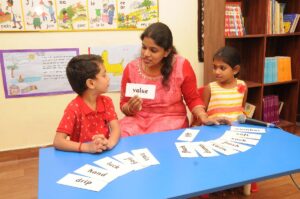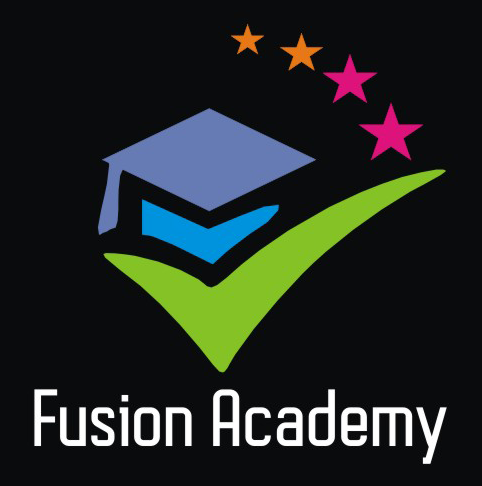
Discover why early childhood education (ECE) is crucial for lifelong success. Learn how preschool, daycare, and early learning programs shape brain development, social skills, and future academic achievement.
Introduction: The Lifelong Impact of Early Learning
Early childhood education (ECE) – the structured learning and care of children from birth to age 5 – lays the foundation for cognitive, social, and emotional development. Research shows that 90% of brain development happens before age 5, making these years the most critical for learning.
In this guide, we’ll explore:
✅ Why early childhood education matters
✅ The science behind early brain development
✅ Long-term benefits of quality preschool programs
✅ How parents can support learning at home
Why Early Childhood Education Is Essential
1. Brain Development in the First 5 Years
-
A child’s brain forms over 1 million neural connections per second in early childhood.
-
Stimulating environments (reading, play, social interaction) strengthen these connections.
-
Children without quality ECE may fall behind in language, reasoning, and emotional regulation.
2. Social & Emotional Skills for Life
Early learning helps kids develop:
✔ Communication & teamwork (sharing, taking turns)
✔ Emotional resilience (managing frustration, coping with challenges)
✔ Confidence & independence (problem-solving, decision-making)
3. School Readiness & Academic Success
Studies show that children who attend preschool:
📚 Enter kindergarten with stronger literacy & math skills
🎓 Are 25% more likely to graduate high school
💼 Earn higher incomes as adults
4. Closing the Achievement Gap
Low-income children in quality ECE programs:
🔹 Score higher on IQ tests
🔹 Are less likely to need special education
🔹 Have lower crime rates later in life
(Source: Brookings Institution, National Institute for Early Education Research)
What Makes a High-Quality Early Childhood Program?
Not all preschools are equal. Look for:
| Key Feature | Why It Matters |
|---|---|
| Low teacher-child ratio | More individualized attention |
| Play-based learning | Develops creativity & problem-solving |
| Trained educators | Understands child development stages |
| Safe, engaging environment | Encourages exploration & curiosity |
| Parent involvement | Strengthens learning at home |
Pro Tip: Look for programs accredited by NAEYC (National Association for the Education of Young Children).
The Science of Play: How Kids Learn Best
Play is the #1 way young children learn. Benefits include:
🔸 Language Development (storytelling, role-playing)
🔸 Motor Skills (running, drawing, building blocks)
🔸 Critical Thinking (puzzles, experiments, asking “why?”)
Example: A child playing “grocery store” learns:
-
Math (counting money)
-
Social skills (taking turns as cashier)
-
Vocabulary (naming fruits, vegetables)
How Parents Can Boost Early Learning at Home
You don’t need a teaching degree to support your child’s development. Try these simple, research-backed strategies:
1. Read Together Daily
-
Babies & Toddlers: Board books with pictures
-
Preschoolers: Interactive stories (ask, “What do you think happens next?”)
2. Turn Everyday Moments into Learning
✔ Counting (stairs, toys, snacks)
✔ Letter Recognition (point out signs, labels)
✔ Science Exploration (baking = chemistry, gardening = biology)
3. Encourage Independent Play
-
Open-ended toys (blocks, art supplies) spark creativity.
-
Avoid over-scheduling—kids need downtime to explore.
4. Limit Screen Time
The American Academy of Pediatrics recommends:
-
No screens before 18 months (except video calls)
-
1 hour/day max for ages 2-5 (educational content only)
The Bottom Line: Invest Early for Lifelong Success
Early childhood education isn’t just about ABCs and 123s—it’s about building the foundation for a successful, fulfilling life.
3 Key Takeaways:
1️⃣ The first 5 years shape a child’s future learning, behavior, and health.
2️⃣ Quality preschool reduces achievement gaps and boosts graduation rates.
3️⃣ Parents play a HUGE role—simple daily interactions make a difference.
Explore local preschools, read daily, and engage in playful learning
Every child deserves a strong start. Let’s make it happen!

